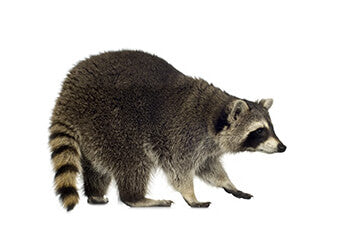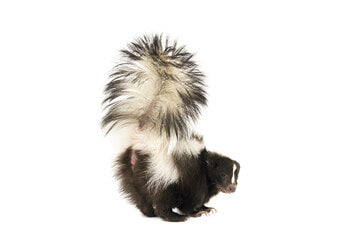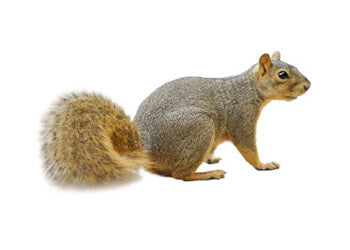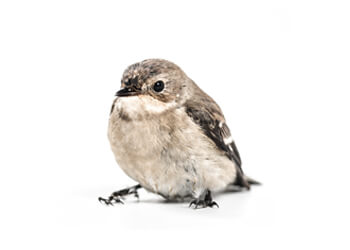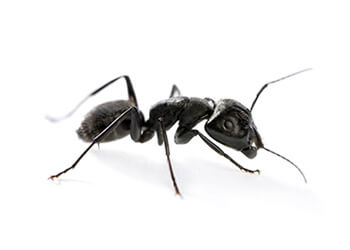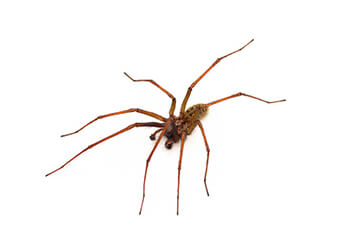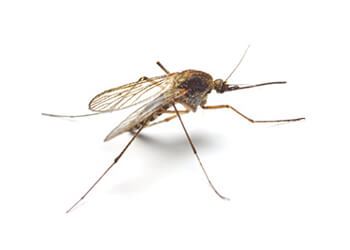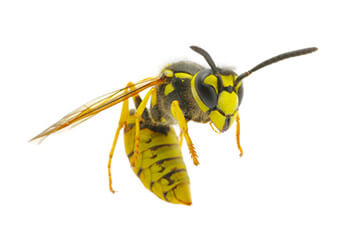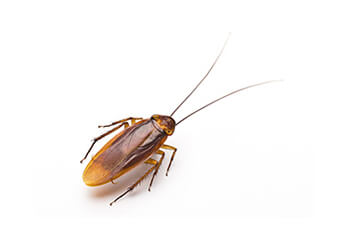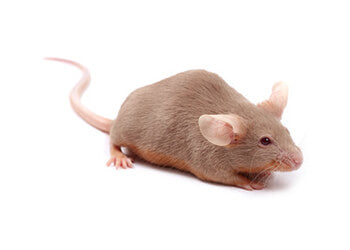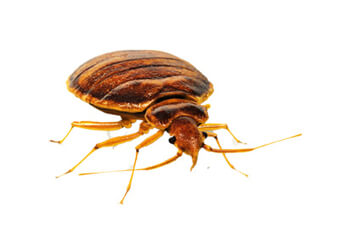Dealing with Raccoons?
Check out these raccoon facts & FAQ’s.

Raccoons are a common problem in the GTA. There are lots of nature areas, parks, conservation areas, and rivers and lakes, and with all of the residential and commercial building going on in Toronto and the surrounding suburbs, the natural living habitat for raccoons and other types of wildlife is getting smaller and smaller. Human dwellings are the ideal place for raccoons to set up a den.
Here are some more interesting raccoon facts and FAQ’s to help you understand these pesky critters and protect your home and family from their damaging ways!
What Do Raccoons Eat?
Like humans, raccoons eat both meat and plants. In the wild they eat smaller animals like rats, squirrels, snakes, frogs and even fish. They’ll also eat seeds, berries and other plants. In populated areas, though, raccoons like to feast on human food leftovers. They are quite smart and have very versatile paws, so they often scavenge in garbage cans or dumpsters to find food scraps and leftovers.
What Are the Different Types of Raccoons?
Across the world there are many different species of raccoons, but the one that you’re likely to encounter in southern Ontario is the North American raccoon, or the Procyon lotor. This animal is indigenous to subarctic Canada all the way down through Mexico.
How Often Do Raccoons Reproduce?
Raccoons generally breed from January to April. Their gestation time is about eight weeks, so their pups are born between March and June. The average raccoon litter size is three to five pups and it’s only a couple of months after birth that the pups are weaned and on the move. If you have raccoons in your attic or garage, you can sometimes hear the pups crying.
How Do I Discourage Raccoons from Setting Up Around My Home?
Raccoons are looking for a good place to live: a place that is comfy, protected from the elements and predators, and with an ample food supply. Keep your garbage in tightly sealed plastic containers and if possible in a garage or shed – this will keep them out of your garbage but make it more likely that they’ll set up somewhere closer to a food source. Raccoons are nocturnal creatures so they roam mostly at night, so make your property undesirable by keeping it well lit.
Where Do Raccoons Make Their Homes?
A raccoon home is called a den. Raccoons don’t usually make their own den. In the wild they rely on natural processes or the labour of other animals, so raccoon dens can be found in hollowed out tree trunks, rock crevices, or holes in the ground. In populated areas, they will tear siding and soffets off homes and tear their way into attics, they’ll set up under a deck or in a shed.

